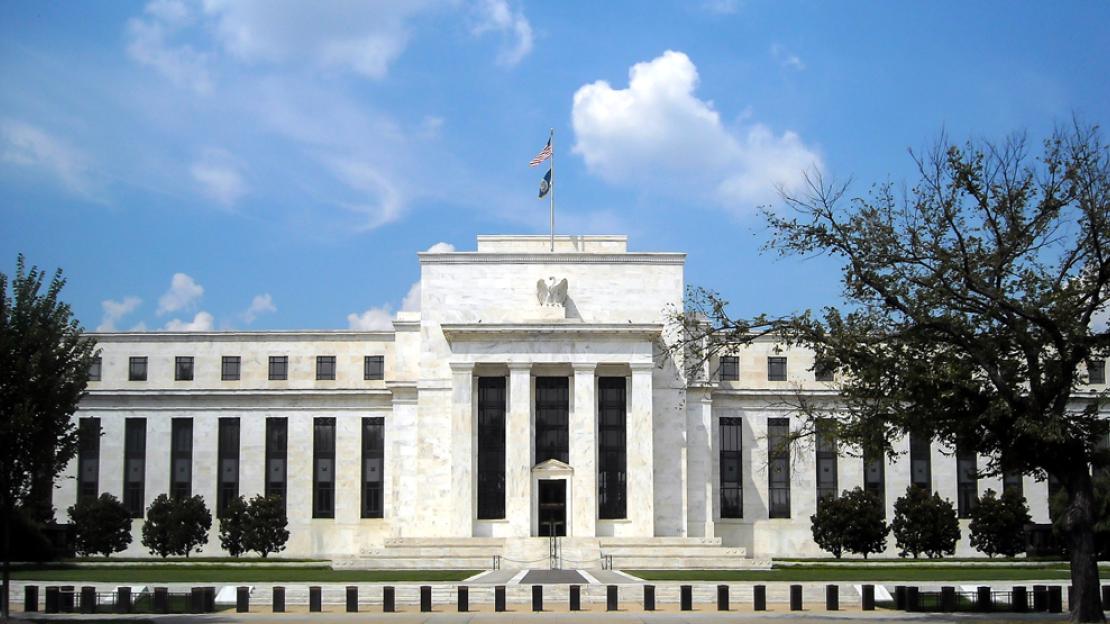A policy intended to increase transparency at the U.S. Federal Reserve may have done the opposite, setting markets up for unnecessary surprises, says a new study from the University of Toronto.
The Federal Open Market Committee (FOMC) sets monetary policy on behalf of what is better known as “the Fed.” It holds eight meetings a year on fixed dates and issues a statement each time. In 2011, then Fed chairman Ben Bernanke introduced news conferences following half of the meetings in a bid to increase transparency and accountability after the U.S. financial crisis.
The study found the news conferences did not provide significant new information. But analysis of market data between 2011 and 2017 showed investors treated the two types of meetings differently, expecting more important announcements from meetings scheduled with a news conference than from those without. That raised the risk markets could be caught off-guard if the Fed made an important decision at a non-news conference meeting.
Although the Fed insisted all meetings were equal, investors weren’t misguided in their perception. Public comments and meeting transcripts showed even FOMC members sometimes considered putting off important decisions until a meeting where the decisions could be explained at an accompanying news conference. That, says the study, could reduce transparency through potential delays in releasing information.
The Fed announced last June that it would start holding news conferences after every FOMC meeting starting in 2019, something the study called “consistent” with its findings and recommendations.
“One thing that the central bank does not want to see is the stock market swing when it makes an announcement,” said Charles Martineau, an assistant finance professor in the Department of Management at the University of Toronto Scarborough, who is cross appointed to the University’s Rotman School of Management.
To avoid such swings, “our research shows that it is very important for central banks to treat all of their meetings equally, because investors really go after cues.”
The paper was co-authored by Prof. Oliver Boguth of the Carey School of Business at Arizona State University and Prof. Vincent Grégoire of HEC Montréal. It is forthcoming in the Journal of Financial and Quantitative Analysis.
